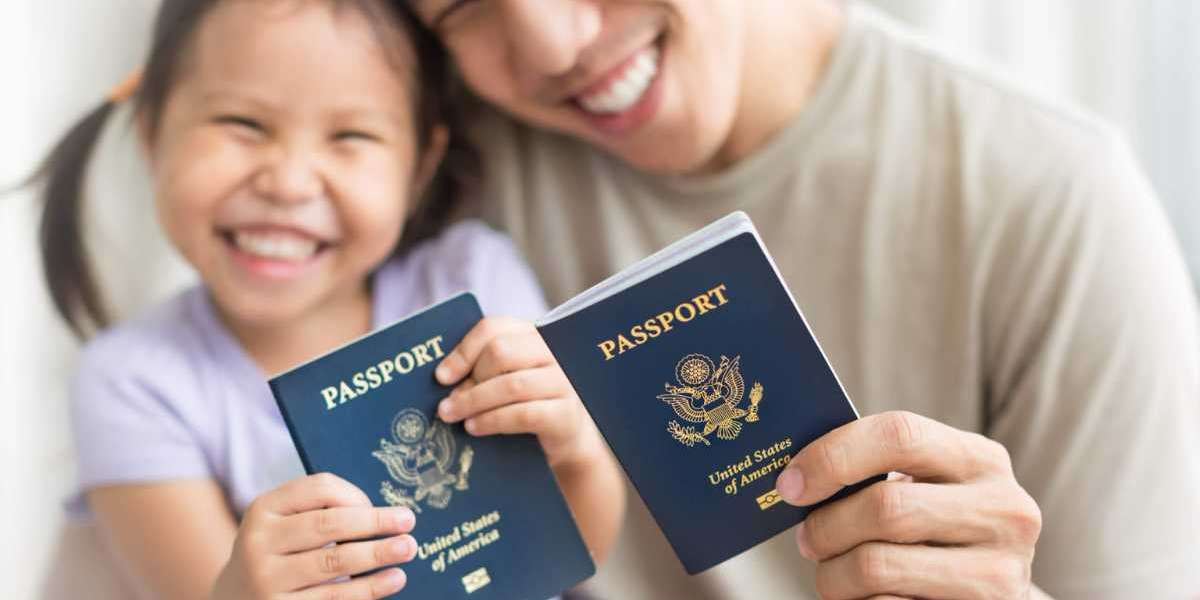The MN1 application for registering a child as a British citizen is a formal and essential process for parents aiming to secure British citizenship for their child. This application is particularly important for children who do not automatically acquire British citizenship at birth but meet the legal requirements for registration. By completing the MN1 application, parents can ensure their child’s legal status, granting them the rights and privileges associated with British citizenship.
Who Can Apply Using the MN1 Form?
Eligibility Criteria
The MN1 application is designed for children under 18 who meet specific conditions. Common scenarios include:
- Born in the UK to non-British parents: The child may be eligible if they meet the residency requirements.
- Parental Citizenship: A child becomes eligible when at least one parent acquires British citizenship.
- Other Circumstances: Children who meet other residency or adoption requirements set out by UK law.
These criteria highlight the flexibility of the MN1 application process in accommodating various family situations. Understanding these conditions is the first step toward ensuring a successful application.
Parental Requirements
At least one parent must hold British citizenship or be applying for it simultaneously. This ensures the child’s eligibility is directly tied to their parent’s legal status in the UK. Additionally, if the child’s parents are separated or divorced, both must provide relevant information to confirm their consent or the circumstances surrounding sole parental responsibility.
Key Benefits of Registering a Child as a British Citizen
Access to Public Services
Once registered, children gain full access to public services in the UK, including:
- Education: Eligibility for free or subsidized education in state schools and support for higher education, such as student loans.
- Healthcare: Comprehensive coverage under the NHS, ensuring access to medical care.
- Social Benefits: Eligibility for child benefits, housing assistance, and other welfare programs that support family stability.
Travel and Residency Rights
As British citizens, registered children enjoy several advantages:
- Visa-Free Travel: Access to numerous countries without the need for a visa, making international travel more convenient.
- Permanent Residency: The right to reside in the UK indefinitely without restrictions, offering long-term stability.
- Future Opportunities: Easier access to work and study opportunities globally due to the prestige associated with British citizenship.
The MN1 Application Process
Step-by-Step Guide
The MN1 application involves several steps:
Complete the Form: Applicants can fill out the MN1 form online or using a paper-based version, depending on their preference.
Gather Documents: Collect all required documents, including proof of identity and supporting evidence.
Pay Fees: Submit the application fee online or via other approved methods.
Biometric Appointment: The child must attend a biometric appointment to provide fingerprints and a photograph.
Await Decision: Once submitted, the Home Office will review the application and notify parents of their decision.
Online and Paper-Based Options
While the online application is faster and more efficient, paper forms remain available for those who prefer traditional methods. The online system offers guided instructions, reducing the likelihood of errors during submission.
Tips for Completing the Application
- Use clear and concise language to answer all questions.
- Double-check all information for accuracy before submission.
- Ensure the child’s biometric appointment is scheduled promptly to avoid delays.
Documents Required for the MN1 Application
Proof of Identity
Applicants must provide:
- The child’s passport or birth certificate.
- The parents’ passports or proof of immigration status.
Supporting Evidence
Other documents required include:
- Residency Records: Documents proving the child’s residency in the UK, such as school records or utility bills.
- Parental Citizenship: Evidence of one or both parents’ British citizenship or settled status.
- Marriage Certificates: If applicable, to demonstrate parental relationships.
Organizing these documents in advance can streamline the application process and reduce the likelihood of delays.
Costs Associated with the MN1 Application
Application Fees
The current fee for the MN1 application is approximately £1,012. Parents should confirm the latest fee on the official government website before submission.
Additional Expenses
Parents should also budget for:
- Biometric Appointments: Additional fees apply for processing biometric data.
- Legal Advice: Professional guidance can increase the chances of success, especially for complex cases.
- Translation Services: If any documents are in a language other than English, certified translations are required.
Timelines and Processing for MN1 Applications
Expected Processing Times
The average processing time for MN1 applications is around six months. However, this timeline can vary depending on the complexity of the case and the volume of applications being handled by the Home Office.
Factors That Can Delay Processing
Processing delays may occur due to:
- Incomplete or incorrect applications.
- Missing documents or unclear supporting evidence.
- High volumes of applications at the Home Office during peak periods.
Parents are encouraged to submit their applications well in advance to accommodate potential delays.
Common Challenges and How to Overcome Them
Avoiding Mistakes
To minimize errors:
- Review the application form thoroughly before submission.
- Ensure all supporting documents are accurate and up to date.
- Seek professional guidance if unsure about eligibility or documentation requirements.
Addressing Rejections
If the application is rejected:
- Parents can appeal the decision by providing additional evidence to support their case.
- Alternatively, they can reapply with improved documentation and clearer explanations.
Legal Grounds for Registering a Child as a British Citizen
Citizenship Act Provisions
The British Nationality Act 1981 serves as the legal foundation for registering children as British citizens. It outlines the eligibility criteria and procedural requirements for applications.
Key Legal Criteria
Children must meet at least one provision under the act, such as:
- Birth in the UK: Children born to parents who later acquire British citizenship or settled status.
- Residency Requirements: Meeting the specified duration of continuous residence in the UK.
- Adoption: Cases where the child is adopted under UK-recognized laws.
Role of Immigration Solicitors in the MN1 Process
When to Seek Professional Help
Consider hiring an immigration solicitor if:
- The application involves complex issues, such as statelessness or adoption.
- Parents are unsure about eligibility requirements.
- Previous applications have been rejected, requiring a more robust submission.
Benefits of Legal Representation
Immigration solicitors can:
- Ensure the application is accurate and complete.
- Provide expert advice to improve the likelihood of approval.
- Help navigate complex legal scenarios or unique circumstances.
Post-Approval Steps for Registered Children
Receiving the Certificate of Registration
Once approved, the child will receive a certificate of registration, serving as official proof of British citizenship. This document is essential for future applications, such as obtaining a British passport.
Applying for a British Passport
After receiving the certificate, parents can apply for their child’s British passport. The application process is simple, enabling the child to travel abroad as a British citizen.
Special Cases in MN1 Applications
Adopted Children
Adopted children may qualify for citizenship if their adoption is recognized under UK law. Additional documents, such as adoption certificates, may be required.
Stateless Children
Children without a nationality can apply under provisions aimed at reducing statelessness, provided they meet specific criteria. These cases often require additional documentation and may benefit from legal assistance.
Frequently Asked Questions
What is the MN1 application for registering a child as a British citizen?
It is a formal process for granting British citizenship to eligible children under 18.
How long does the process take?
The standard processing time is six months, though delays may occur.
What documents are required for the MN1 application?
Required documents include proof of identity, parental citizenship status, and residency evidence.
What happens if the application is rejected?
Parents can appeal the decision or reapply with stronger evidence.
Can adopted children apply using the MN1 form?
Yes, provided the adoption is recognized under UK law.
Is legal assistance necessary?
While not mandatory, legal advice can increase the chances of a successful application.
Tips for a Successful MN1 Application
- Organize Documentation: Keep all required documents well-organized and up to date.
- Double-Check Your Submission: Carefully review the application to ensure no errors or omissions.
By understanding the process and preparing thoroughly, parents can successfully navigate the MN1 application and secure British citizenship for their child.
For more information, visit visahotspot.com














